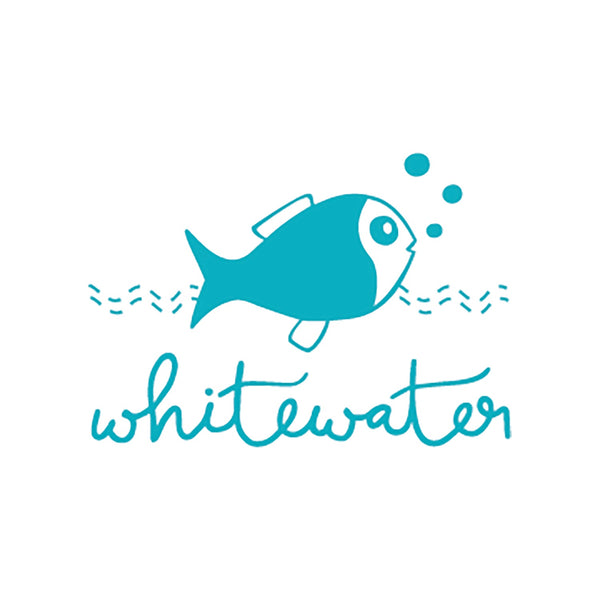Our Inspiration, Our values
Read-aloud poems
Have you ever observed rocks on a river bed and wondered what makes each one unique? There is a story embedded in their travel that fascinates our founder Shweta Dhariwal. She spends a lot of time in the mental world, seeing the beauty in the spontaneity of a child’s drawing, the seeming imperfections in folk traditions and in the journey of hand-processed textiles. These imprints gradually take the form of poems – a medium Shweta has used since childhood to express herself. Whitewater is an expression of these experiences, delightfully translated as textile prints.
Natural materials & organic cotton
Natural materials, especially organic cotton, feels so good and is kinder to sensitive skin. Organic cotton is grown without the use of genetically modified seeds, without the use of toxic fertilizers and pesticides. And since it is not readily available in large quantities, we thought of using it judiciously for an ideal purpose – for making baby products. As you know, a baby’s skin is more absorbent than an adult’s - hence it needs more care. We hope it gives your little munchkin a sense of comfort and gives you a sense of wellbeing for taking a step in the right direction.
Colours and dyes
Our choice of colour is either herbal or natural dyes for our earthy palette. Herbal dyes are derived from herbs found in nature such as manjistha or madder, haldi or turmeric and indigo to name a few. The cloth is dyed such that the medicinal properties of each of these plants is retained in the cloth. They include fruit and vegetable wastes like the rind of pomegranate and onion skins. Our natural dye collection showcases the skills of traditional Ajrakh artisans in India. Ajrakh is a resist block printing technique, traditionally known for its geometric patterns and labour intensive double-sided printing.
On the other hand, azo is a chemical compound that is carcinogenic and banned by many countries in the world. For our bright hues, we use azo-free dyes and water-based pigments.
Sustainable & Ethical
Sustainable, for us, is synonymous to resilience and mindfulness for earth’s resources – land, energy and water. It also includes cultural sustainability. As creative practitioners, we feel it is our responsibility to not only preserve our heritage, but also educate our community. We work with traditional hand-embroidery and hand-block printing artisan communities of India. There is comfort in knowing that we may be slow, but like our heritage, we will be around for a longer time.
Ethical translates to happiness for us; when the people who are making for us are happy, when the people who buy from us and wear our products are smiling, and when we are honestly able to look you into your eyes and ask for you to trust us – we know we are into an ethical business. Most of our women artisans work in the comforts of their home, earning a dignified labour while caring for their families.
Fair trade or fair wages
Our production partners either follow fair trade principles laid down by the World Fair Trade Organisation or individually decide their own wages based on the time and the level of expertise required.
Waste resource policy
Our collection is made in small batches in home workshops with minimal waste, part of which are upcycled into toys at present. Our reusable packaging cloth bags are entirely made using production waste sourced from other like-minded brands in Bangalore. Our tags are printed on handmade paper created out of textile waste in Bengal and designed to reduce landfill waste.
